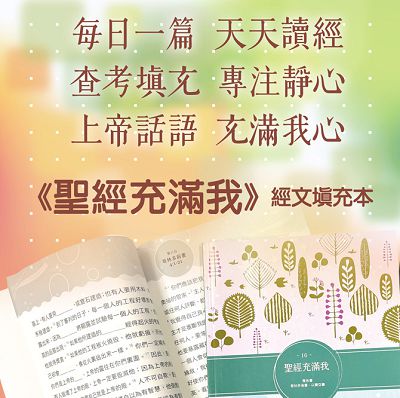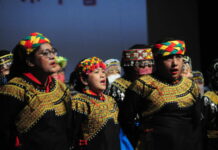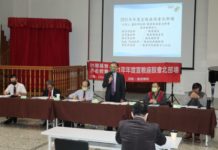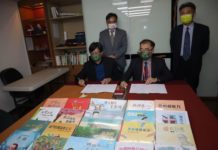October 17-23, 2011
General Assembly News
Good Christians ought to care about politics, former PCT officials say
Reported by Sam Lee and Lin Yi-ying
Written by Lydia Ma
During a recent television interview, former PCT General Secretary C.M. Kao was asked about why Presbyterians are politically active despite much criticism and misunderstanding by people. Kao, who served as PCT General Secretary during martial law era in Taiwan and was sentenced to 4 years and 3 months in jail for hiding political dissident Shih Ming-te, replied that it is every Christian’s call to care about people’s human rights and social justice. He underscored that as citizens of their countries, Christians are also called to be model citizens by caring for their country’s politics, society, culture, economy, and all aspects of society.
This interview conducted on October 12, 2011, with renown Taiwanese network SET Television was held at PCT General Assembly headquarter office. Kao underscored that good Christians should be socially active and encouraged them to pursue justice and love, likening these two ideals as a pair of wings enabling the church to soar. He elaborated that Christians ought to be concerned about human rights, politics, marginalized people, and people’s welfare if they want to be found as faithful and pleasing stewards of God.
Referring to his own personal experience as example, he said, “At the time, the PCT was marginalized and persecuted by the KMT government. But during that decade of repression, our membership did not decline. Instead, we grew by 40,000 members! I’m encouraged and feel that suffering for the sake of Taiwanese human rights and democracy is God’s blessing.”
In related news, to commemorate the 40th anniversary of PCT’s “Statement on Our National Fate”, a new book by former PCT General Assembly Moderator Wang Nan-jie was published recently. The book entitled “An firsthand account of history by Rev. Wang Nan-jie and the PCT” gives a detailed account of the drafting of two important PCT statements in the 1970s, namely, “Statement on Our National Fate” and “A Declaration on Human Rights”.
According to Wang, this book chronicles PCT’s struggles and ministries from 1967, the year PCT was forced to withdraw from WCC, to 1979, the year the Kaohsiung Incident took place. The book gives a good general overview of Taiwan under martial law and is also interspersed with his own personal accounts of serving churches.
Wang believes that, in contrast to the 1970s, Taiwan faces even greater problems today. On the topic of church involvement in politics, he wrote that some people are convinced that churches shouldn’t carry any political overtones. However, his personal understanding of the Bible is that it is never neutral – especially on issues such as God and Satan, justice and evil, human rights and oppression. In fact, the Bible commands believers to make choices and take sides.
”It’s the church’s responsibility to fight for people’s freedom and democracy and their ability to create a nation-state. That is the reason why it’s very important for pastors to be politically active. Furthermore, since politicians are prone to compromise their principles in this materialistic world, pastors are often held up as leaders who can stand by principles,” Wang said.






